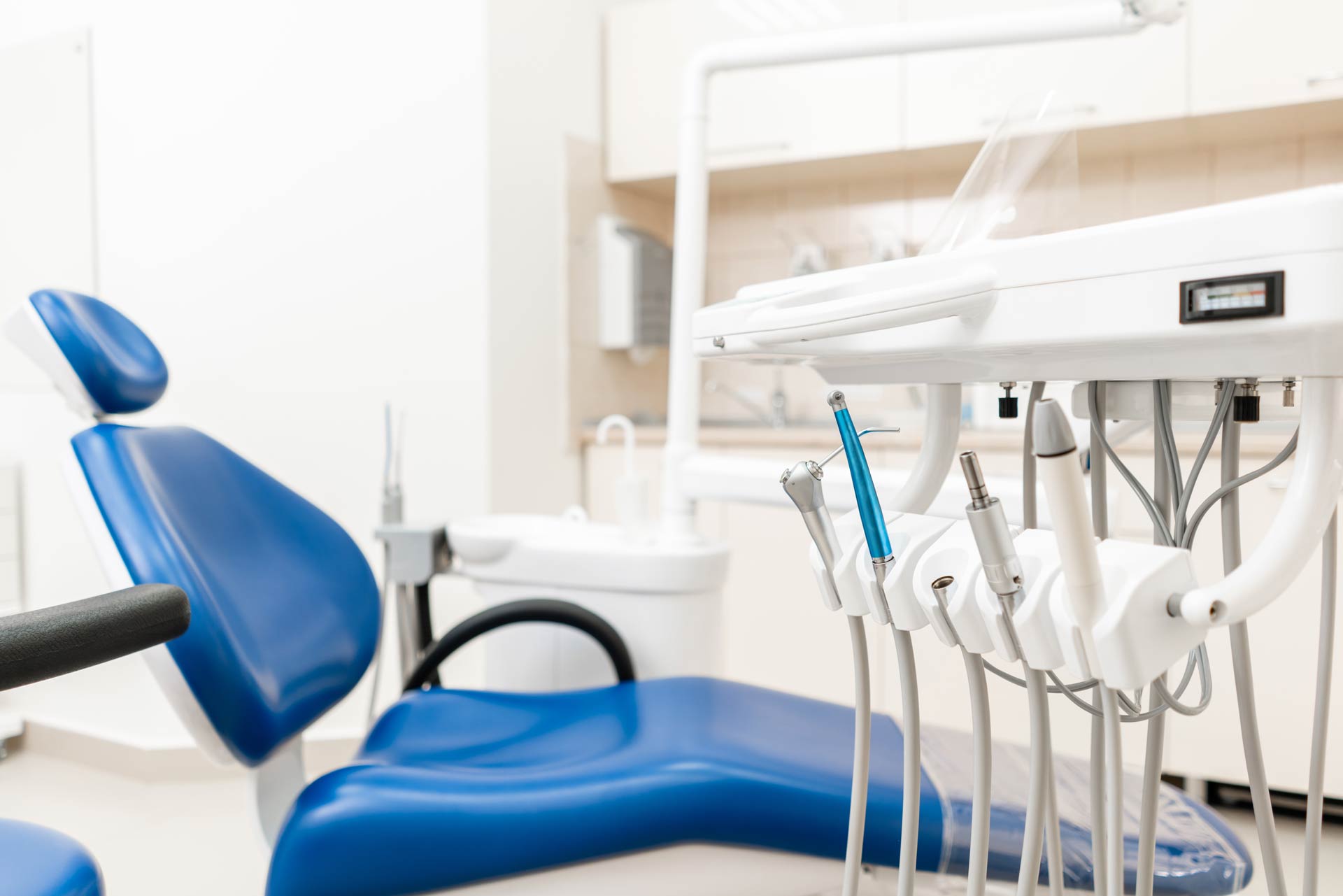
Buying a dental practice is the start of something great. It usually comes with prosperity and financial success. Done correctly, you will avoid financial loss, legal liability and substantial business stress. Negotiation of price, determination of value, cash flow requirements, patient retention strategies, acquisition financing and restrictive covenants, are issues that require professional assistance.



